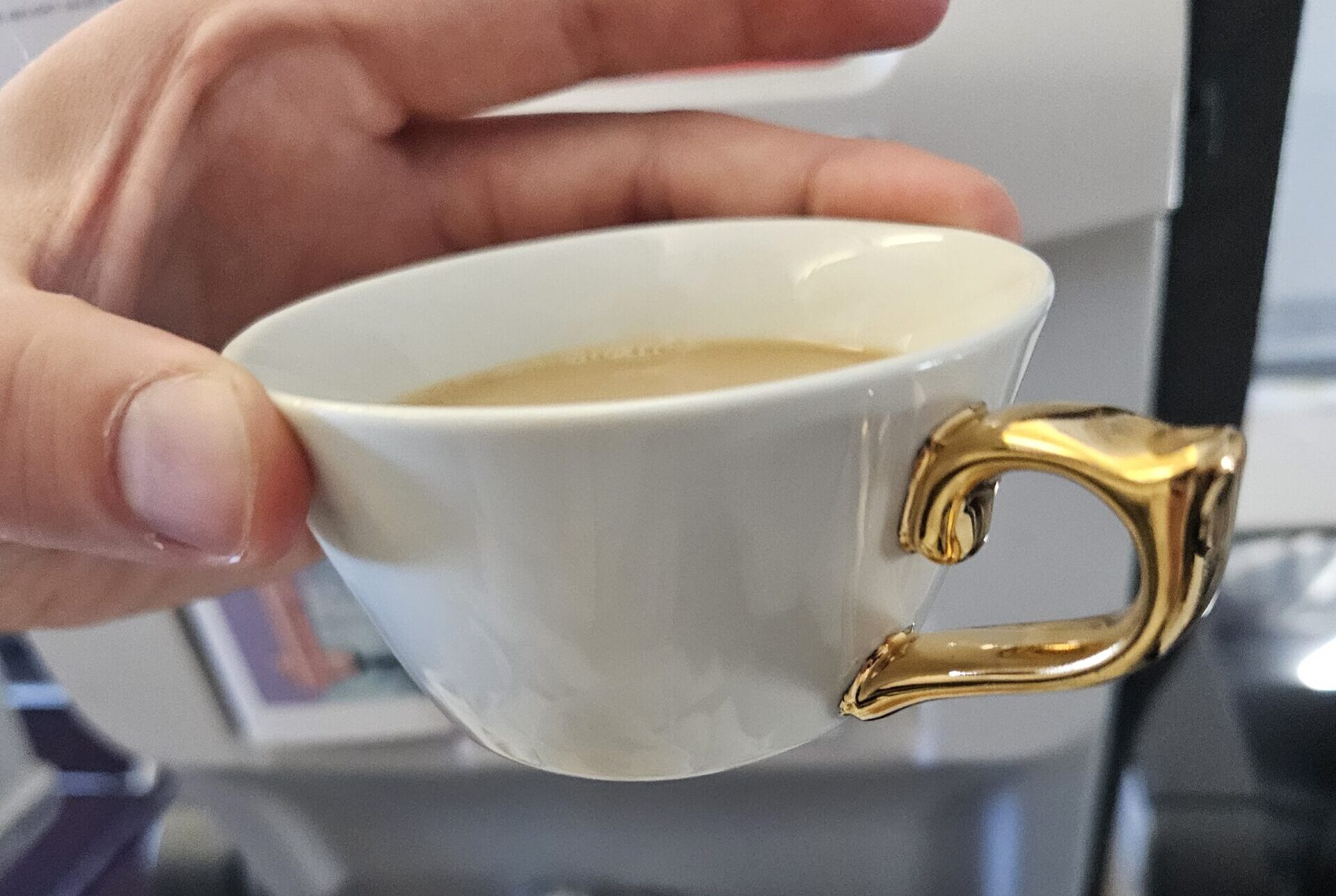As I wrote about in a previous post, my wife and I took a whirlwind bucket list trip around the world. It had been years since either of us had traveled beyond Europe.
For this trip, we traveled to the Maldives, Rome, and Vienna. When we were getting ready for this trip, we realized something: we had booked a trip to a beautiful tropical destination and to Europe in a single trip…in February. How were we going to pack two completely different climates, spending a week in each?
Not a subscriber? Subscribe below!
Additionally, during the trip, once we hit Vienna, we were exhausted! What’s crazy is that we stayed in incredible hotels with comfortable beds. We also flew 90% of the time in lie-flat business class seats to maximize rest and be as refreshed as possible. Why were we so tired by the time we got to this point?

Reflecting on our trip from a few weeks ago, I remembered the old axiom: practice makes perfect. Travel takes practice.
Travel Takes Practice
When we think of vacation, we often think of being able to rest, recharge, and reinvigorate our sense of self and belonging. We break up our normal routine and experience something new and exciting. We strengthen bonds with loved ones, creating new memories that we can look back on forever.
What we often forget about is that the actual act of taking a vacation takes practice. Flying to somewhere with an 11 hour time difference is hard. If we don’t know how our body responds to flying for 30 hours and how to deal with the time difference, it can be even more challenging! How do we deal with being across the world and realizing that we have to make the long journey home? How do we efficiently pack for our destination (or, as in our case, multiple destinations)?
All of these things take time and experience. They take practice! You learn which types of clothes you find most comfortable in different climates and context. You learn how your body reacts to an overnight flight and how to best alter your sleep schedule so that you can maximize your time. Different cultures are easier to understand and navigate.
Here’s the thing: the more you practice, the more you know and the “better” you get at traveling.
Case Study: Disneyworld
I think a prime example of this is Disneyworld. Every parent wants to take their child to Disneyworld and let them have the best experience ever. However, because Disney obsessively focuses on the customer experience, they inevitably have a brand associated with walking into an entirely different world.

This brand percolates to a large and loyal following that obsesses over Disney. Despite the average Disney vacation costing $6,000 for a family of 4 to do a week at Disneyworld, we know people that take their family, at a minimum, 4 times a year! If you’re going to spend that much that often on a vacation, you better know a.) what you’re doing and b.) how to maximize your time and money there.
In fact, there are travel advisors that solely focus on Disney. They plan trips, make reservations, and make sure that your travel experience is seamless. People are paying for the value of that experience to help plan that vacation, because these travel advisors have the experience of dealing with the beautiful chaotic dance that is Disneyworld.
My wife and I traveled to Orlando in July 2021 to celebrate our 2nd wedding anniversary. We didn’t make any efforts to go to the parks at all. We just wanted to hang out by the pool at the Hyatt Regency Orlando, which is where we could get award nights). However, we did go to Disney Springs for one evening.
It was nuts. We were shocked at what it was like. Thankfully, we had a dinner reservation (we ate at the Edison, and it was truly fantastic). However, we left knowing that, if we ever do a Disney trip, we absolutely needed someone to help us plan and book it.

Conclusion
All of that to say: travel takes practice.
Knowing how to travel takes time and effort. You’ll get better at it, and, if you mess something up on a trip, don’t beat yourself up. Learn from it! Figure out how you can apply it to similar situations in the future. Don’t be scared to travel in a similar way again, but figure out how to make your next trip better.
Have you ever learned how to travel better by something happening in your trip? What did you learn?
